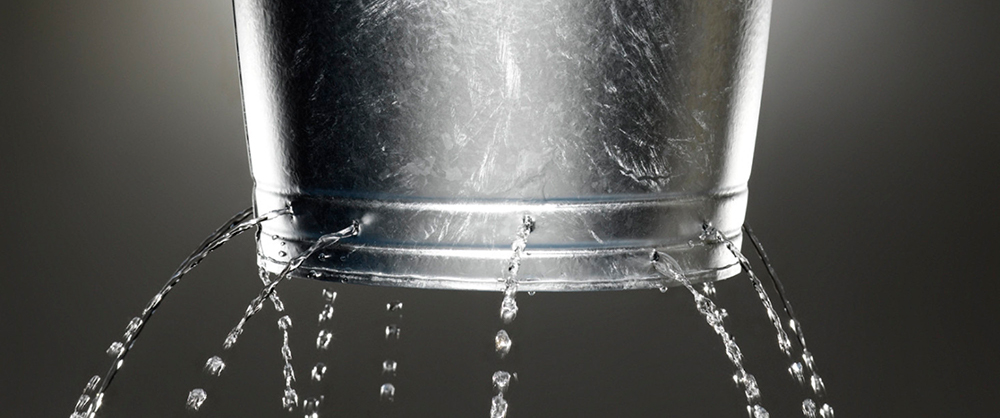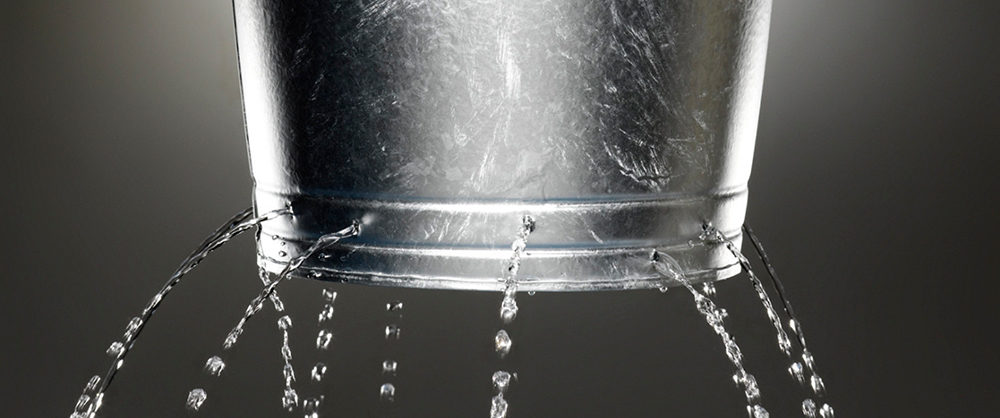
What is venous leakage and how does it cause erectile dysfunction (ED)?
Problems with blood vessels are a common cause of erectile dysfunction (ED). The term venous leakage refers to veins in the penis.
Blood vessels are important for erections. When a man becomes sexually aroused, the arteries in his penis expand to allow blow to flow in, making the erection firm.
However, to keep the erection rigid, blood needs to stay in the penis until the man ejaculates. To accomplish this, veins constrict to trap the blood inside. (This process is called veno-occlusion.) Once the man climaxes, or if sexual stimulation ends, the veins widen and blood flows back into the body.
If the veins do not constrict enough, blood will “leak” back into the body, softening the erection. Many men with this type of ED find that they can get a firm erection at first, but gradually lose the firmness.
Venous leak is often a cause of ED in younger men.
Several factors can contribute venous leak and ED:
-
Vascular disease (which affects blood vessels)
-
Radiation therapy for cancer treatment
-
Diabetes
-
Peyronie’s disease
-
Nerve disorders
-
Anxiety
To diagnose venous leakage, a doctor might conduct the following tests:
-
Doppler ultrasound. This procedure uses sound waves to show how blood is flowing in and out of the penis.
-
Dynamic infusion cavernosometry. With this test, a doctor can measure the pressure in the penis during an erection to determine the degree of venous leakage. Cavernosometry is used less frequently, usually in men who have already undergone Doppler ultrasound.
A doctor will also assess a man’s overall health and check for conditions related to ED, like vascular disease, diabetes, Peyronie’s disease, and nerve disorders.
Treatments for ED due to venous leakage can vary. Some men have success with oral ED medications, but there are other options, including vacuum devices, self-injections, urethral suppositories, psycho-sexual treatments, and penile implants.
Lifestyle modifications, like getting more exercise and eating a healthier diet, may also help control underlying factors like diabetes and vascular disease.
In some cases, venous ligation surgery, which repairs the leaking veins, might be considered. However, this approach is not typically recommended because it has limited long-term success. More research is warranted in this area.
Read More
error: Content is protected !!


